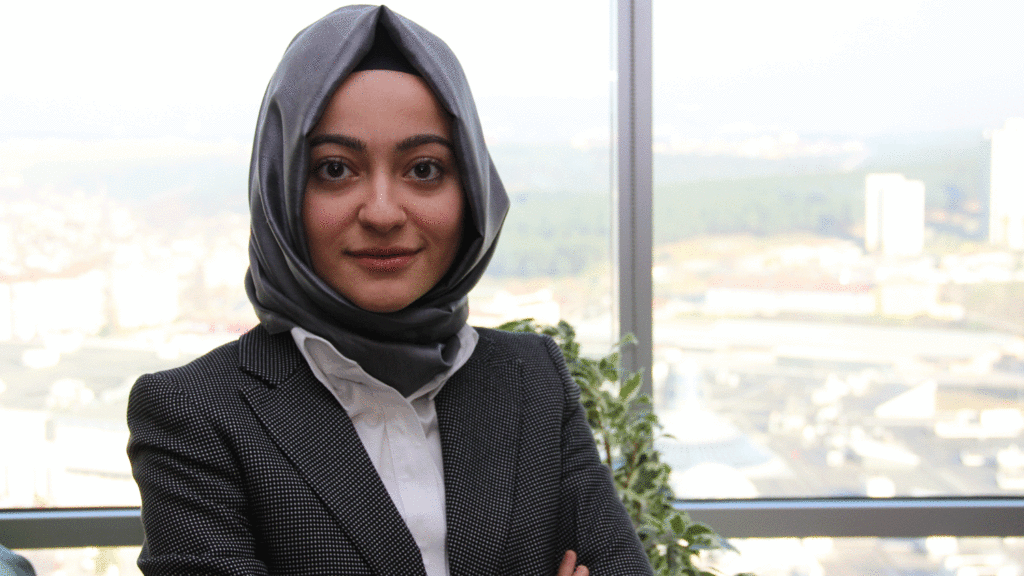Georgetown Research Project on Food Waste Calls for Local Stakeholders to Take Part in Workshops

As part of the research project titled Safeguarding Food and Environment in Qatar (SAFE-Q), the research team from Georgetown University in Qatar (GU-Q) will be organizing two workshops with local stakeholders in Qatar, a supplier workshop where distribution companies and supermarkets will come together with public officials and NGO’s to discuss supply-related aspect of food waste while the second workshop will be conducted with consumers calling for participation of local restaurants, hotels and general consumers to discuss the consumer-side of the food waste problem in the country.
GU-Q together with the Cranfield and Brunel Universities in the UK and University of Western Sydney is the recipient of a research award from the Qatar National Research Fund (QNRF) to explore the issue of waste in food distribution in Qatar. SAFE-Q is a 3-year project (NPRP 7 – 1103 – 5 – 156) which will combine a detailed analysis of food supply and demand with an examination of causes of food waste occurring in distribution, and changing trends in consumption resulting in waste.
Ultimately the project seeks to support Qatari efforts to implement the Qatar National Vision (QNV) 2030 focusing on the long-term sustainability of the food supply chain, including its green aspects, and the interconnection of these elements with the population’s health as well as the nation’s environmental and economic development.
GU-Q Assistant Professor of Economics, Zeynep Topaloglu, who is the Co-Lead Principal Investigator for the project said that preliminary studies on food waste during distribution show that 14% of food is being wasted between its arrival to Qatar or departure from a local farm until it reaches the consumer. “We have learnt that many products are being destroyed because they expire before reaching the consumers. In this research we aim to create a clearer picture of the situation and develop policies to reduce this waste in the transportation and storage stages,” she commented.
An associate from Al Sulaiteen Agricultural and Industrial Complex (SAIC) reported that consumers in Qatar mainly buy food in bulk and some of the food bought in large boxes is inevitably wasted due to over-purchasing.
“Food waste at the consumer level has the highest cost to the environment, as the food items at that stage have already been grown, processed, transported, stored and sold before ending up in the trash,” further noted prof. Topaloglu.
Dr. Emel Aktas from Cranfield University stressed that one of the aims of the SAFE-Q project is about raising awareness around the amount and impact of food waste, and ways to reduce or avoid it; relating to the social development pillar of the QNV 2030. “As the SAFE-Q team we are excited to embark on this challenging yet critical project, which will not only be useful to the State of Qatar but also to other climate and food constrained countries,” she said.
Relevant stakeholders are invited to participate in the workshops and can register their interest by calling 4457 8579. The workshop for suppliers will take place on Sunday, May 24th at 9:30 am to 1:00 pm, and consumer workshop is scheduled to take place on Monday, May 25th at 9:30 am – 1:00 pm at Georgetown University campus in Education City.